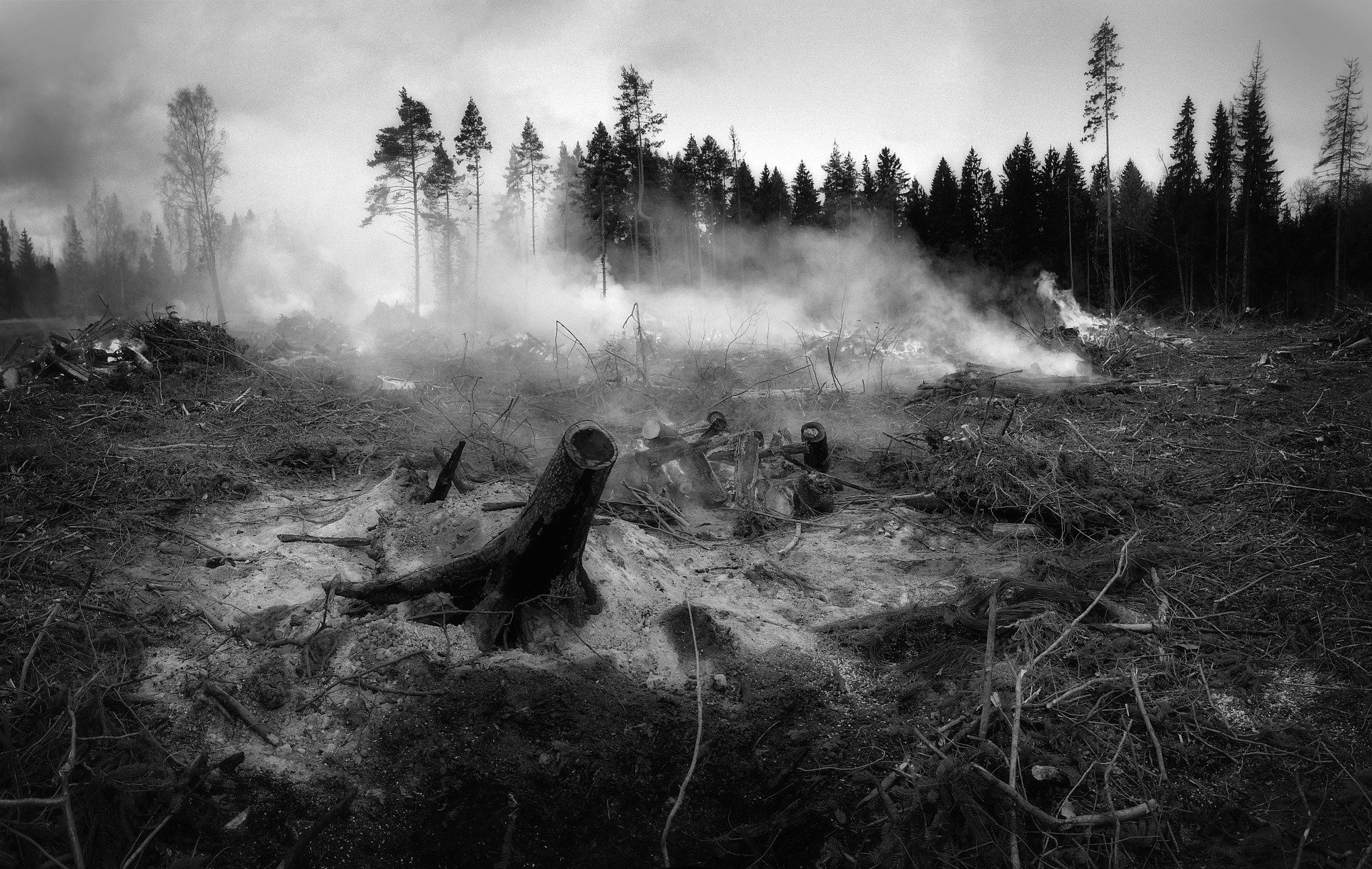Wildfires happen more frequently and with a bigger intensity, ravaging communities and ecosystems in their path. From Australia to the Arctic to North and South America, record-breaking wildfire seasons have been seen.
UNEP (UN Environment Programme) and GRID-Arendal published a report in which they state that climate change and land-use change are the reason that wildfires are worse. Moreover, they anticipate a global increase of extreme fires even in areas that were previously unaffected. Wildfires can be destructive to people, biodiversity and ecosystems. Plus, they contribute significant greenhouse gasses to the atmosphere.
UNEP urges governments to rethink their approach to extreme wildfires. According to them a new ‘Fire Ready Formula’ need to be made and the important role of ecosystem restoration need to be recognised. Being better prepared and a better ‘after-event’-plan, is key to minimizing the risk of these wildfires.
“Current government responses to wildfires are often putting money in the wrong place. Those emergency service workers and firefighters on the frontlines who are risking their lives to fight forest wildfires need to be supported”, said Inger Andersen, UNEP Executive Director. “We have to minimize the risk of extreme wildfires by being better prepared: invest more in fire risk reduction, work with local communities, and strengthen global commitment to fight climate change”.
Climate change and wildfires aggravate each other. Wildfires are made worse by climate change through increased drought, high air temperatures, lightning and strong winds. All resulting in hotter, drier and longer fire seasons. Climate change in its turn is made worse by wildfires, by ravaging sensitive and carbon-rich ecosystems. Turning landscapes into tinderboxes.
Furthermore, wildlife and its natural habitats are not spared from wildfires. Some animal and plant species have been driven closer to extinction due to the fires. It is a necessity to better understand the behaviour of wildfires. Combining policies, legal framework and incentives that encourage land and fire use are required in order to come to achieving and sustaining adaptive land and fire management.
Want to read more on this issue? Visit;
And/or
https://www.unep.org/resources/report/spreading-wildfire-rising-threat-extraordinary-landscape-fires
